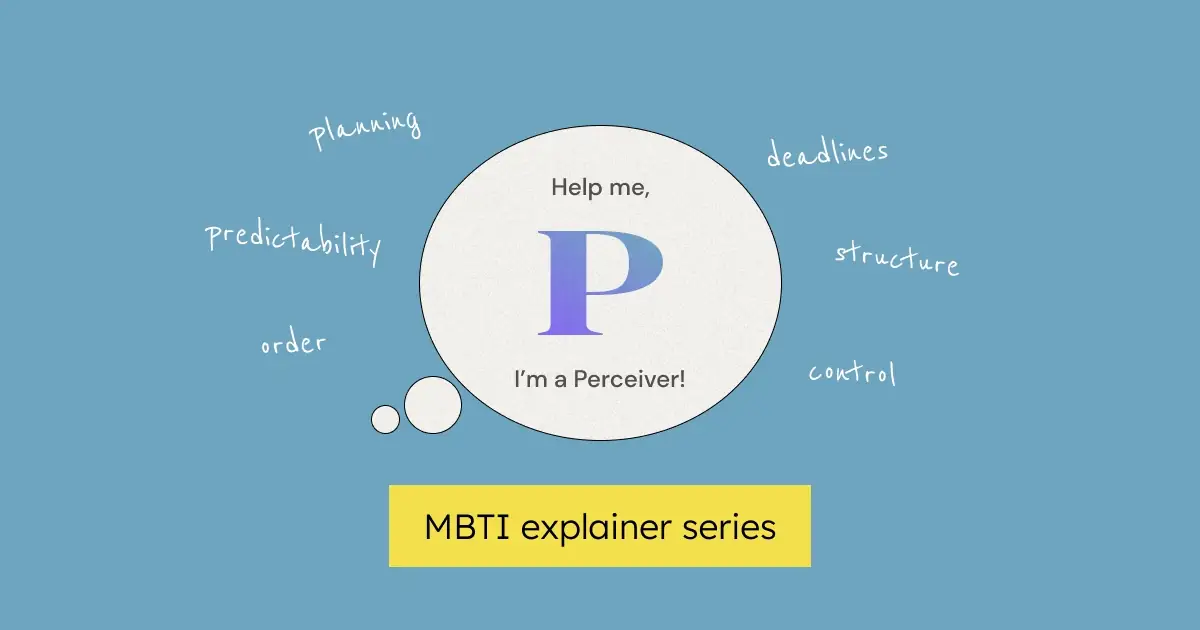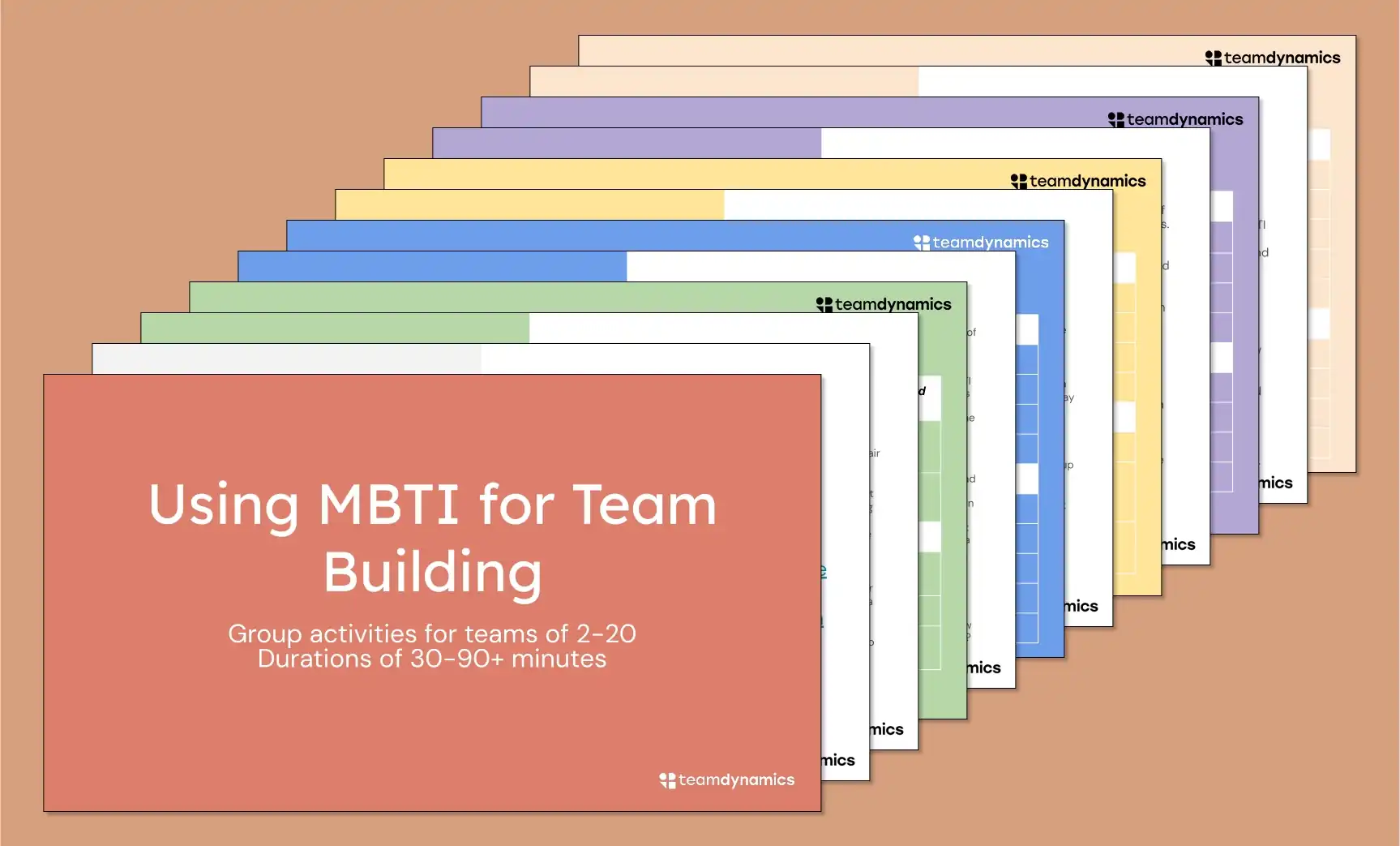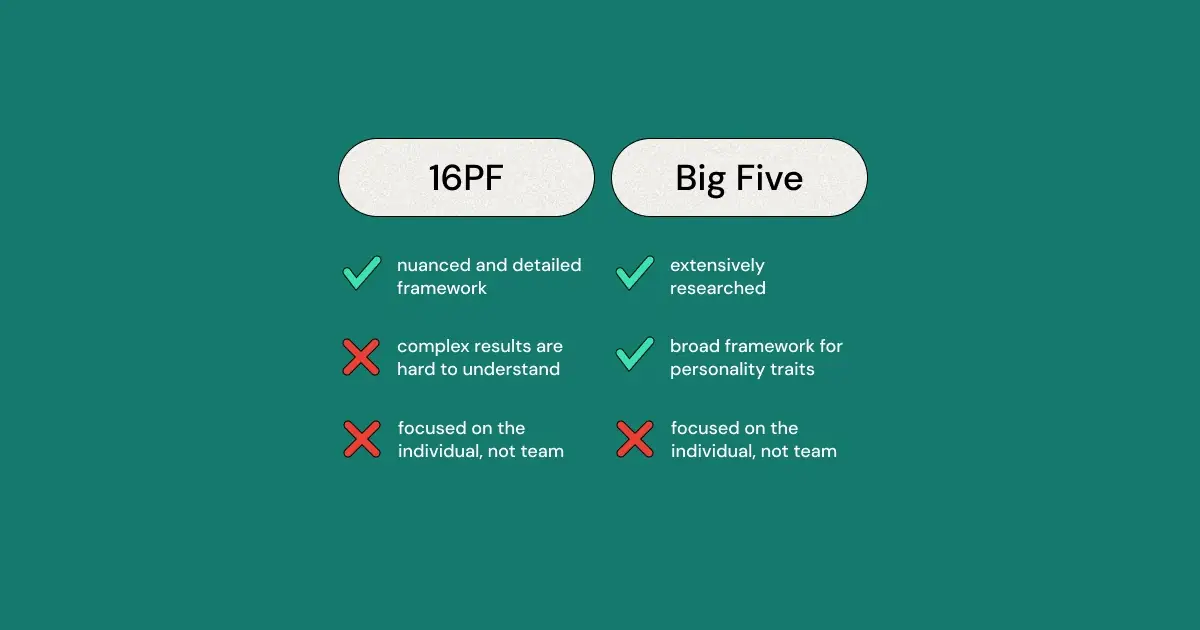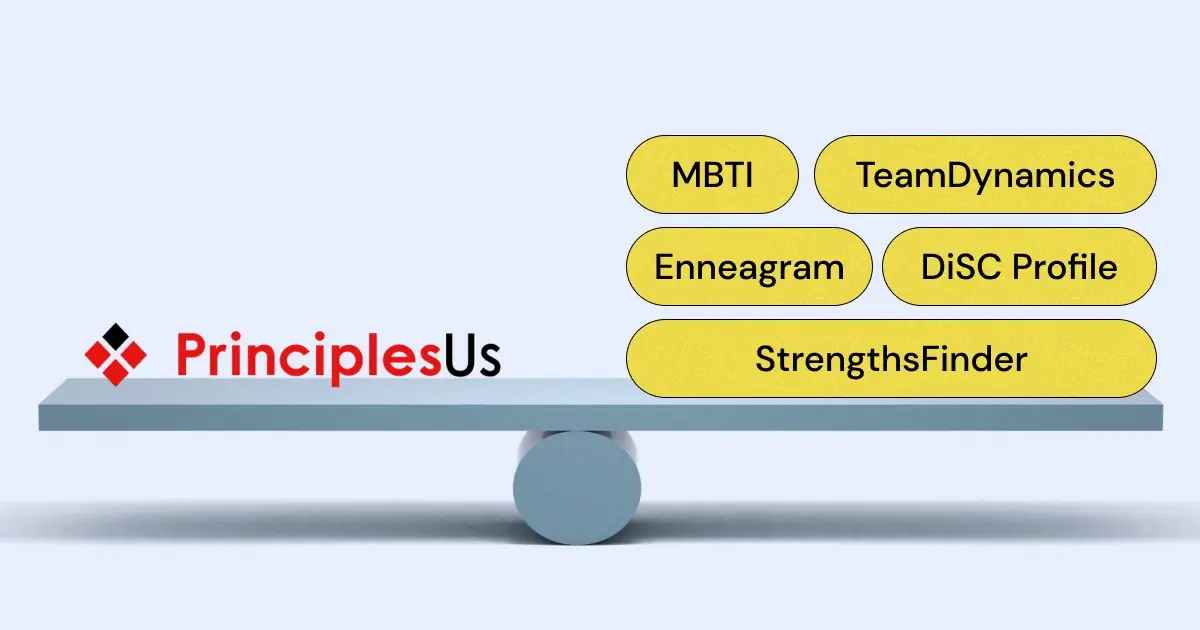If you identify as a Perceiver, you're likely open-ended, adaptable, and spontaneous, preferring to keep your options open rather than follow a rigid plan. On the flip side, Judgers are structured, decisive, and organized, thriving on predictability and clear goals.
So, what happens when these two types work together? That's where understanding MBTI chemistry comes in. Grasping the dynamics between Perceivers and Judgers is key to ensuring effective teamwork. By acknowledging and valuing our differences, we can create more harmonious and productive work environments. Stay tuned as we explore how Perceivers can thrive in a team dominated by Judgers.
Understanding the Judger Mindset
When we talk about 'Judgers' in the MBTI world, we're referring to individuals who value structure, order, and decisiveness. They're the ones who love to plan, organize, and control their environment. Unlike Perceivers who prefer to go with the flow, Judgers are all about setting and achieving clear goals. They're masters at scheduling, predicting outcomes, and making swift decisions.
Judgers place a high value on structure and order because it gives them a sense of predictability and control. They find comfort in having a plan and knowing what to expect. For Judgers, decision-making is a logical process – they gather information, analyze it, and make a decision swiftly, often sticking to it unless compelling evidence suggests they should do otherwise.
Let's visualize this with an example. Imagine a project planning meeting. A Judger, as the team lead, arrives with a well-structured agenda, each point allocated a specific timeframe. As each item comes up, they lead the discussion, ensure the team stays on track, make decisions quickly, and assign responsibilities immediately. They end the meeting with a clear plan of action, leaving no room for ambiguity. In this scenario, the Judger's decision-making process is clear - they seek structure, efficiency, and decisiveness to drive the project forward.
{{inline-cta}}
Understanding this Judger mindset is the first step for a Perceiver to work effectively in a Judger-dominated team. In the next sections, we'll explore how Perceivers can leverage their strengths and adapt their style to thrive in such an environment. Stay tuned!
Challenges for Perceivers in a Judger-Dominated Environment
Operating in a Judger-dominated environment can pose some unique challenges for Perceivers. The spontaneous, go-with-the-flow approach that Perceivers naturally adopt can sometimes clash with the structured, planned-out style preferred by Judgers. This difference in work styles can lead to miscommunication, misunderstanding, and sometimes even tension within the team.
One common issue a Perceiver might face is having their flexibility misinterpreted as indecisiveness or lack of commitment. For instance, in a team discussion about a new project, a Perceiver might suggest keeping some aspects open-ended to allow room for creativity and spontaneity. However, a Judger might perceive this as uncertainty or lack of a clear plan, leading to misunderstandings.
Looking to use MBTI for team building? Download these free templates for MBTI team building workshops!
Another challenge comes from the Perceiver's preference for last-minute rushes being overlooked or frowned upon. Let's say a Perceiver, who tends to get bursts of energy right before a deadline, stays late to finish a presentation, incorporating fresh ideas that struck them at the eleventh hour. A Judger coworker, who had their part completed a week in advance, might view the Perceiver's last-minute rush as procrastination or lack of responsibility.
These situations highlight the potential friction points in a Perceiver-Judger team dynamic. However, these challenges should not be seen as roadblocks but rather as opportunities for growth and improved MBTI chemistry. In the following sections, we will discuss strategies Perceivers can use to navigate these challenges effectively.
Strategies for Perceivers to Navigate a Judger-Dominated Team
In a team setting where Judgers dominate, Perceivers can employ certain strategies to improve MBTI chemistry and create a balanced, effective team dynamic. Here's how:
Strategy 1: Clearly Communicate Your Thought Process
As a Perceiver, you tend to keep your options open and stay flexible. However, in a Judger-dominated team, this might be misunderstood. To bridge this gap, try sharing your thought process with your teammates. For example, if you're advocating for an open-ended project timeline, explain that this flexibility can allow for more creativity and adaptability to changes.
Strategy 2: Collaborate on Decision-making
Judgers appreciate decisiveness, so involve them in your decision-making process. If you're considering multiple options, present these to your Judger teammates and invite them to help you analyze the pros and cons. This collaborative process can foster mutual understanding and respect.
Strategy 3: Show Appreciation for Order and Planning
Acknowledging the value that Judgers bring to the team with their planning and organizational skills can go a long way. For instance, thank a Judger colleague for their detailed project plan, emphasizing how it helps everyone understand the roadmap ahead.
Strategy 4: Balance Spontaneity with Prioritization
While your spontaneous nature is a strength, balancing it with some level of prioritization can help harmonize the team dynamic. For example, in a brainstorming session, you can spontaneously generate a flood of ideas, but also take the time afterward to help the team prioritize and structure them.
Strategy 5: Embrace Structure
While structure might not come naturally to you as a Perceiver, making an effort to adopt some level of it can improve team interactions. Try using tools or apps to organize your tasks and deadlines. This can demonstrate to your Judger teammates that you respect their need for order.
Strategy 6: Adapt to Defined Deadlines
While you might prefer last-minute rushes, it's essential to respect the Judger's need for defined deadlines. If a deadline seems too tight, don't wait until the last minute to communicate this. Discuss it upfront, negotiate if needed, but once set, do your best to stick to it.
By implementing these strategies, you as a Perceiver can not only enhance your performance but also significantly improve MBTI chemistry within your team.
The Value of Balance in Decision-Making
While the differences between Perceivers and Judgers can sometimes lead to misunderstandings, when leveraged correctly, they can create a team dynamic that is both innovative and structured, leading to better decision-making and successful outcomes. This is the true beauty of balanced MBTI chemistry.
A team balanced with Perceivers and Judgers can offer a broad range of perspectives. Perceivers, with their spontaneous, flexible nature, excel at generating out-of-the-box ideas. On the other hand, Judgers bring structure and order, ensuring that ideas are evaluated, organized, and implemented effectively. This combination allows for a comprehensive approach to problem-solving, leading to robust and well-rounded decisions.
Consider a marketing team planning a campaign. The Perceivers might come up with creative, unconventional ideas for the campaign. The Judgers in the team, meanwhile, could provide a structured framework to evaluate these ideas, prioritize them, and develop a detailed execution plan. This balance can lead to a successful, well-planned, and innovative marketing campaign.
Perceivers are naturally adaptable, navigating changes and uncertainty with ease. Judgers bring stability with their love for plans and schedules. A balance of these two can create a team that is both flexible to adapt to unexpected changes and stable enough to stay on track with predefined goals.
In a software development project, unexpected bugs and issues are common. Perceivers on the team can adeptly navigate these changes, coming up with quick alternative solutions. The Judgers can help assess the impact of these changes on the project timeline and adapt the schedule accordingly, ensuring the project stays on track. This balanced approach can lead to the successful completion of the project, despite unexpected hurdles.
By appreciating and leveraging these benefits, a balanced team of Perceivers and Judgers can unlock high levels of productivity and innovation, leading to effective decision-making and successful outcomes.
Conclusion
In our journey through MBTI chemistry today, we've unraveled how Perceivers can navigate and thrive in a Judger-dominated environment. We've discovered the unique traits of Judgers—structure, order, and decisiveness—and how understanding these can be pivotal for Perceivers.
We've delved into some of the challenges Perceivers might face among a team of Judgers, such as feeling misunderstood or overlooked due to their flexible nature. We also discussed effective strategies to help Perceivers thrive in such a setting. These include clear communication of thought processes, collaboration in decision-making, showing appreciation for order, balancing spontaneity with prioritization, embracing structure, and adapting to defined deadlines.
A key take-home message from this exploration is the value of balance in decision-making. Teams that harness the strengths of both Perceivers and Judgers are often more successful, thanks to their blend of creativity, adaptability, structure, and order.
Perceivers, remember that your spontaneity, adaptability, and openness bring tremendous value to your team. Similarly, the Judgers' knack for organization, planning, and decision-making is equally essential. Embrace your unique strengths, appreciate the traits of your Judger teammates, and collaborate to create a harmonious, productive work environment.
Good MBTI chemistry can have a profound and lasting impact on team dynamics, fostering an environment where everyone's strengths are valued and utilized. This harmony not only improves productivity but also makes the workplace a more understanding, accepting, and enjoyable space for everyone. So, Perceivers, step forward with confidence, embrace these strategies, and unlock the full potential of your team!
Check out our other MBTI resources!
We hope you've found this guide useful. Remember, everyone's experience is unique, and it's about finding strategies that work best for you. If you enjoyed reading this, don't keep it to yourself! Share it with your friends, colleagues, or anyone you think could benefit from it. Let's create a more understanding and inclusive workplace together!
MBTI is one of the most popular personality tests, and people are always asking us how they can better use it with their teams. Here are a few other useful articles you can try:
And if you're looking to crack the code on working with a specific MBTI type, check out our guides written just for you:
Interested in diving deeper into personality types, teamwork, and team performance? We've got a treasure trove of insightful articles just waiting for you to explore. Check out our other blogs on topics like team dynamics, effective communication strategies, and more in-depth dives into different personality tests. And check back often - we're always publishing more great content!


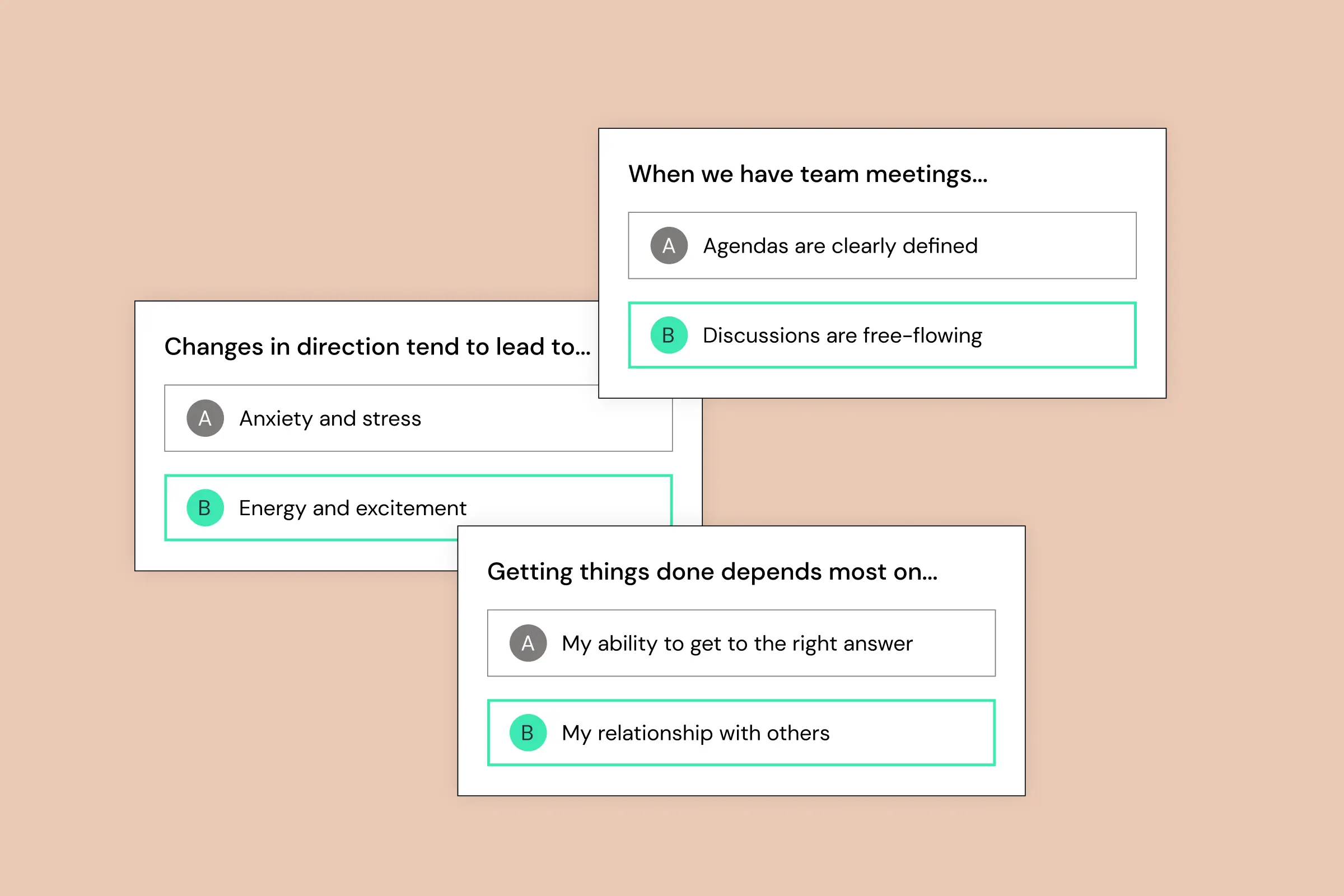

.png)
